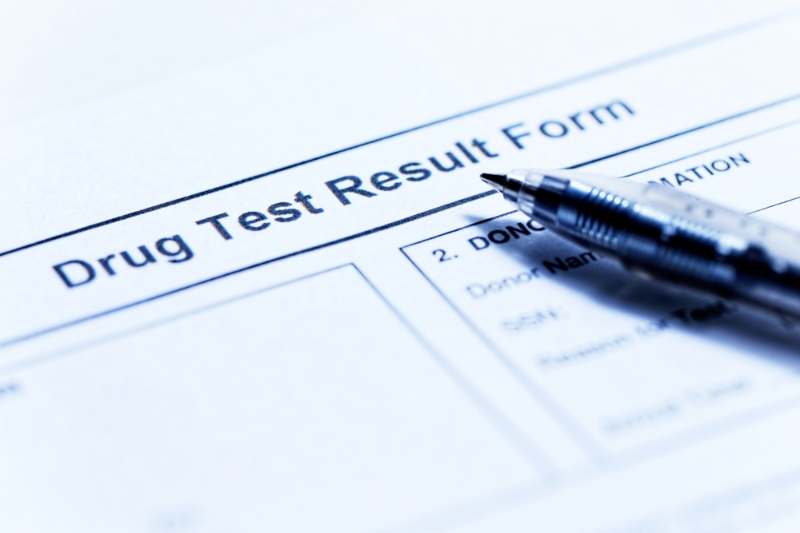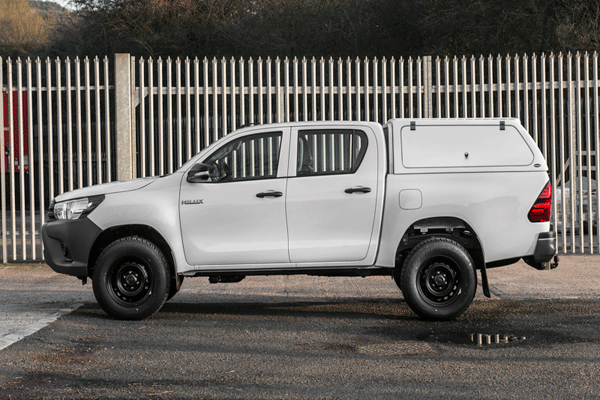Cyber security, virtual reality and machine learning will be at the centre of research carried out by the Transport Research Laboratory (TRL) in the year ahead.
TRL has identified these topics as key drivers in evolution of the global transport landscape. Further research areas relating to these include truck platooning, data science, mental health, smart infrastructure, head injuries and driving simulation.
A programme of ten projects has been devised by the TRL Academy in response to the challenges facing future transport. Funding will be part of the annual investment made by TRL and is supported by parent company, the Transport Research Foundation, a non-profit distributing organisation.
Professor Nick Reed, TRL Academy director, said: 'It is an absolute honour to be part of a process which helps to drive the future of transport.
'Choosing the projects that will go on to shape policy, design and technological development is always a challenge but we apply key criteria around ensuring the research is relevant, disruptive and deliverable. More than that, it is about providing the TRL team with the opportunity to follow their ideas ' no matter how left-field ' in a structured and strategic way.
'I continue to be impressed by the ingenuity and vision of my colleagues as they advance projects beyond the theoretical and deliver practical, evidence-based knowledge which can be applied to solve complex transport challenges.
'With an overall goal to produce a transport system that is safe, clean, affordable, accessible and efficient, it is a real privilege to be at the forefront of such innovative research'
An overview of the TRL Academy's reinvestment projects in 2015/16, as well as a glimpse of what is to come in 2016/17, has been released in the TRL Quarterly Research Report (July to September 2016). Summarising the brief for each of this year's research topics, the document outlines the key research aims and intended applications for each project. The review offers a rare glimpse into some of TRL's more secretive research in delivering the future of transport.
The report also details the practical outcomes and next steps from six key projects from the previous 12 months, including a smart asset management technology review, data applying science to develop a route risk tool and the environmental impact of fuel cell electric vehicles. Other projects include developing a cellular automata model for modelling bicycle traffic, investigation fast response NO2 sensor testing equipment and 3D capture and visualisation.






